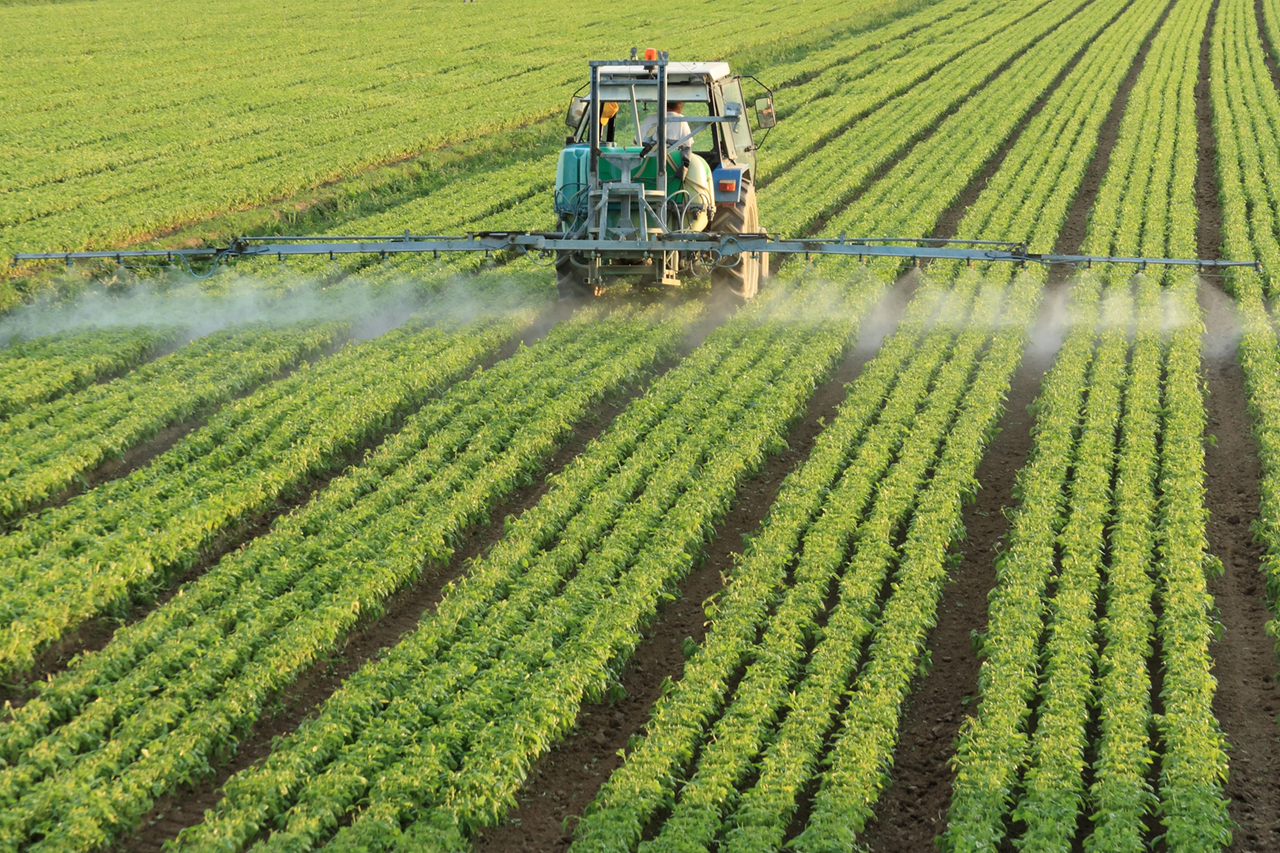The use of novel chemicals in packaging and other food contact materials, as well as findings of inadvertent contamination from environmental sources, has increasingly brought food and dietary supplements safety into the news and scientific literature. Gradient scientists have the expertise to help organizations at all levels of the food supply chain address these food safety issues. From assisting with Food Contact Notifications and Generally Recognized as Safe (GRAS) evaluations, to providing input on harvest safety measures and assessing potential risks from contaminants (e.g., chemicals and microbes) in food and supplements, Gradient scientists deliver quality analyses, affording clients the information and solutions they need to resolve the critical issues they face.
Example Publications:
Lewis, AS; Boomhower, SR; Marsh, CM; Jack, MM. 2024. “Considerations for deriving a safe intake of propylene glycol.” Food Chem. Toxicol. doi: 10.1016/j.fct.2024.114460.
Beyer, LA; Hixon, ML. 2018. “Review of animal studies on the cardiovascular effects of caffeine.” Food Chem. Toxicol. 118:566-571.
Zu, K; Pizzurro, DM; Lewandowski, TA; Goodman, JE. 2017. “Pharmacokinetic data reduce uncertainty in the acceptable daily intake for benzoic acid and its salts.” Toxicol. Pharmacol. 89:83-94.
Lynch, HN; Greenberg, GI; Pollock, MC; Lewis, AS. 2014. “A comprehensive evaluation of inorganic arsenic in food and considerations for dietary intake analyses.” Total Environ. 496:299-313.

Bisphenol A Risk Evaluation
Evaluated the potential risks of exposure to bisphenol A (BPA) from the lining of food containers. Gradient synthesized the available toxicological and exposure literature for BPA and used a weight-of-evidence approach to integrate data and resolve conflicting information.
Safety Evaluation for a Pesticide in Dietary Supplements
Gradient assessed the toxicity and risks of tau-fluvalinate, a miticide sometimes found in beeswax that is used as an emulsifier in dietary supplements. Gradient evaluated whether the tau-fluvalinate in the supplements would result in any adverse health effects by calculating the amount of tau-fluvalinate a person might ingest and comparing it to US and European toxicity criteria.
Evaluation of Speciated Arsenic in Food
Gradient developed a database of speciated arsenic in food by compiling inorganic arsenic concentrations in food from source documents identified in a comprehensive literature search. In addition, we evaluated the risk implications of daily dietary intake of organic arsenic.
FQPA Modeling for Pesticide Exposure in Food
Developed a dynamic, two-stage exposure model for assessing pesticide exposure using Monte Carlo methods to account for uncertainty and variability. The model accounts for exposures resulting from the application of pesticides in a residential setting and can be combined with other exposure routes in order to assess aggregate pesticide exposure.
GRAS Evaluation for Caffeine
Gradient conducted a GRAS evaluation for caffeine by comprehensively reviewing key toxicity studies and conducting a detailed exposure analysis. In addition, we set up a GRAS panel to determine whether caffeine was safe as consumed in the identified products.
ADI for Propylene Glycol
For a trade association, Gradient conducted a comprehensive scientific review of the literature to determine whether a revised acceptable daily intake (ADI) for propylene glycol could be developed following World Health Organization principles and methods for risk assessment of chemicals in food. Gradient also determined whether the available literature supports the use of more modern principles such as physiologically based pharmacokinetic (PBPK) modeling in the development of an ADI.